- Boutique vs Mass Production guitar pedals
- Why do Boutique guitar pedals cost so much?
- Who makes boutique guitar pedals?
Boutique guitar pedals – you love ’em or you hate ’em. We tend to lean towards the former side, as you’ve got to admire a pedal that goes beyond the basic functions of what guitar pedal is built to do. Boutique effects help us push the boundaries of guitar tone and brighten up our pedalboards.
Here’s a quick summary of what a boutique guitar pedal is:
- A premium guitar pedal with a unique effect
- Made using high quality components
- Usually features custom artwork
- Highly exclusive with only a few pieces made yearly
There’s an intrinsic “fun-ness” about boutique pedals; whether that’s through being able to create a unique effect, producing top-in-class tone or offering exciting artwork to look at. If you’re ever lacking the motivation to pick up the guitar or make new music, they’re one of a few things able to turn the situation around. But we’re not going to beat around the bush, they’ll cost you a lot more than your average stompbox – maybe two or three times more for the privilege of owning one. So, are they worth it?
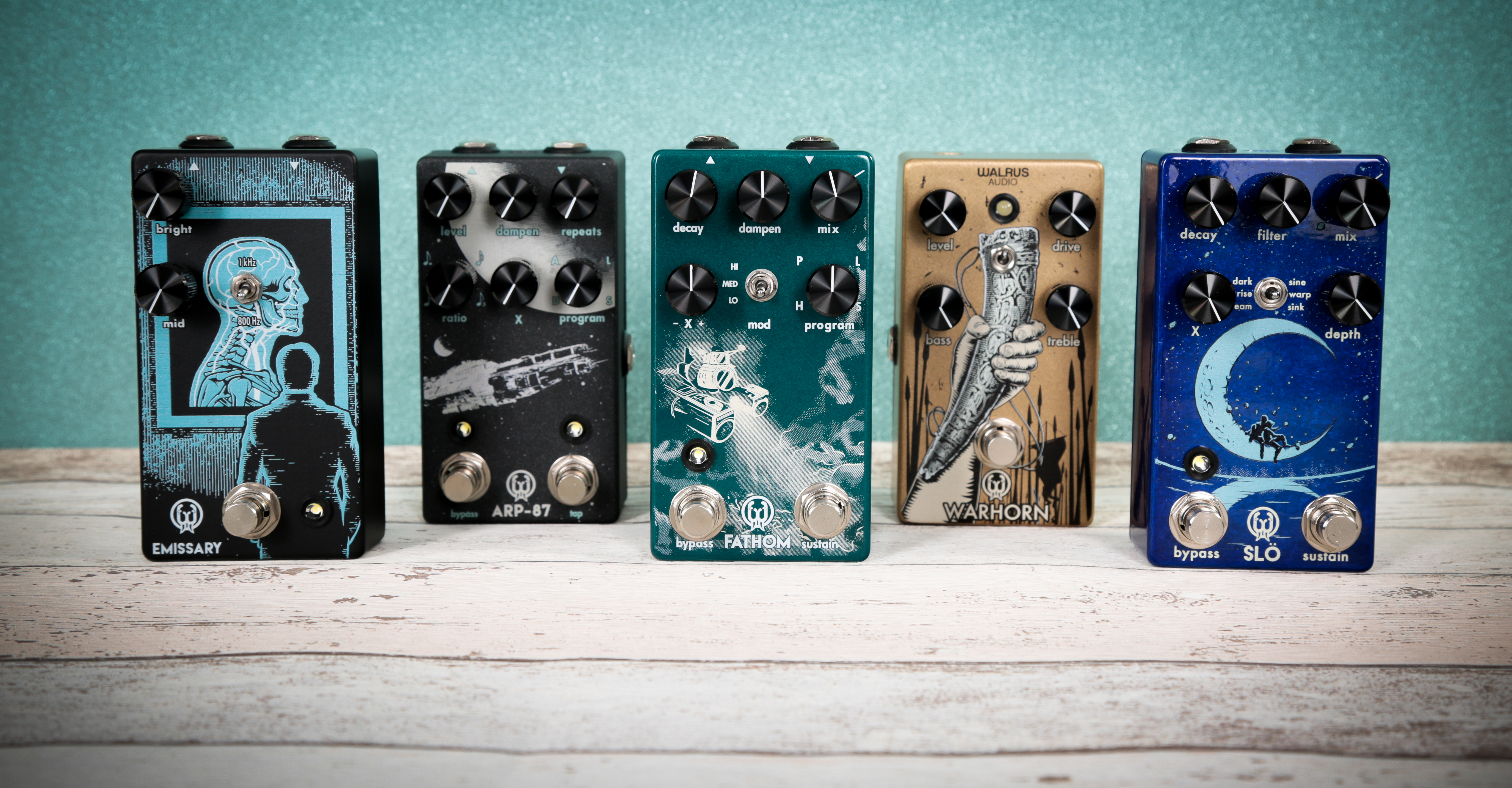
Boutique vs Mass Production guitar pedals
We hear you say: “All my Boss pedals are way more usable in a real playing environment, they’re much more compact and are half the price!”
We’re not here to knock mass production pedals. They’ve influenced some of the most famous songs ever written. You have to respect their versatility, longevity and simple plug-in-and-play application. The likes of Boss and Electro Harmonix pedals are relatively cheap and quickly add a new sound to your arsenal. You know exactly what you’re getting from them – but that can be a problem down the line. At some point you’ll probably want a pedal to help you break out of your comfort zone and spark your creativity. Boutique effects do exactly that.
Many boutique stompboxes produce radically different effects to the norm. Sometimes they’re completely experimental, creating weird and wacky sounds with very specific uses. Other times, they’re adding a unique twist to a classic formula. Boutique pedals expand on all sorts of creative avenues for guitarists to explore in a songwriting environment. We simply wouldn’t be able to push sonic boundaries as easily or as rapidly as we do without them.



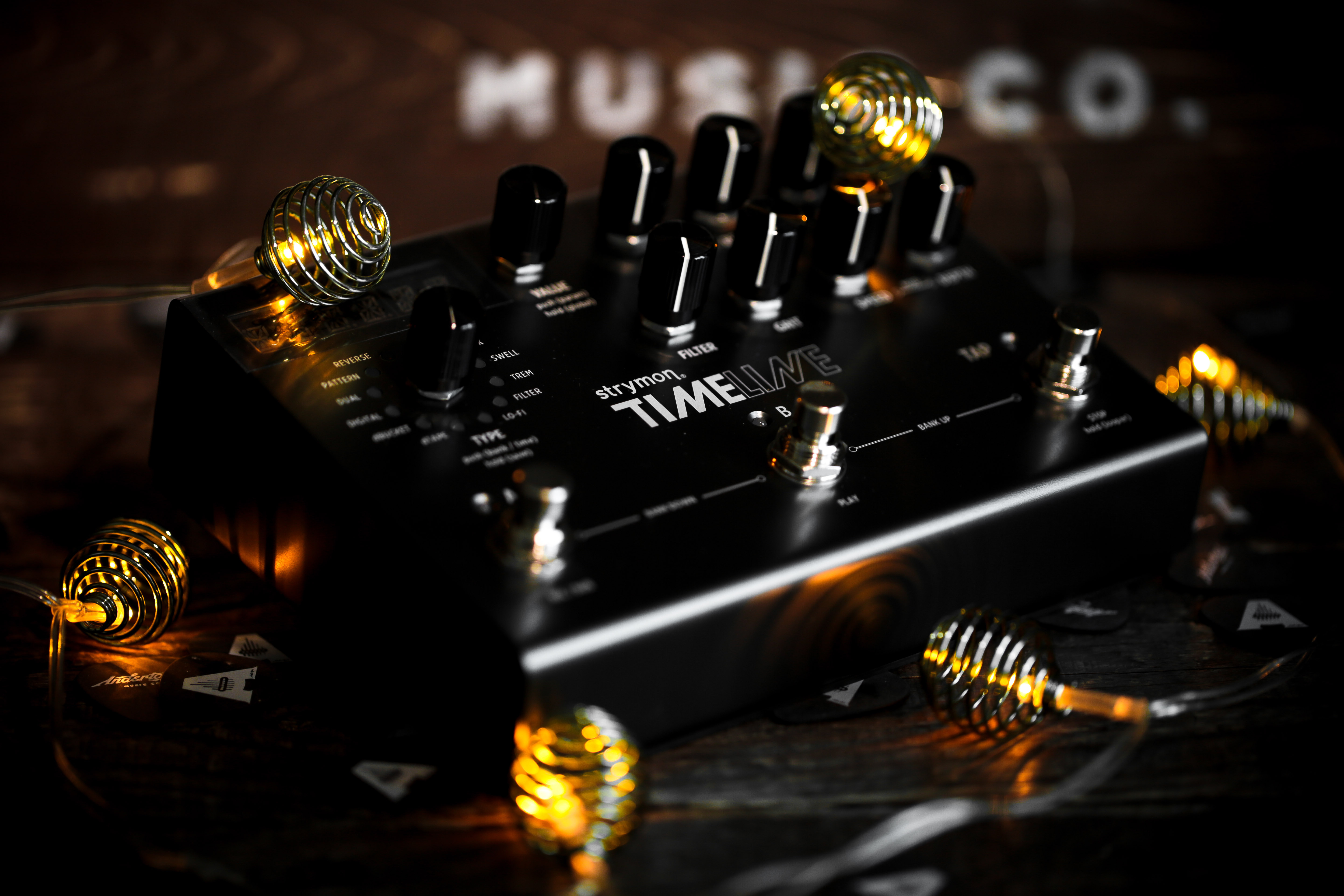
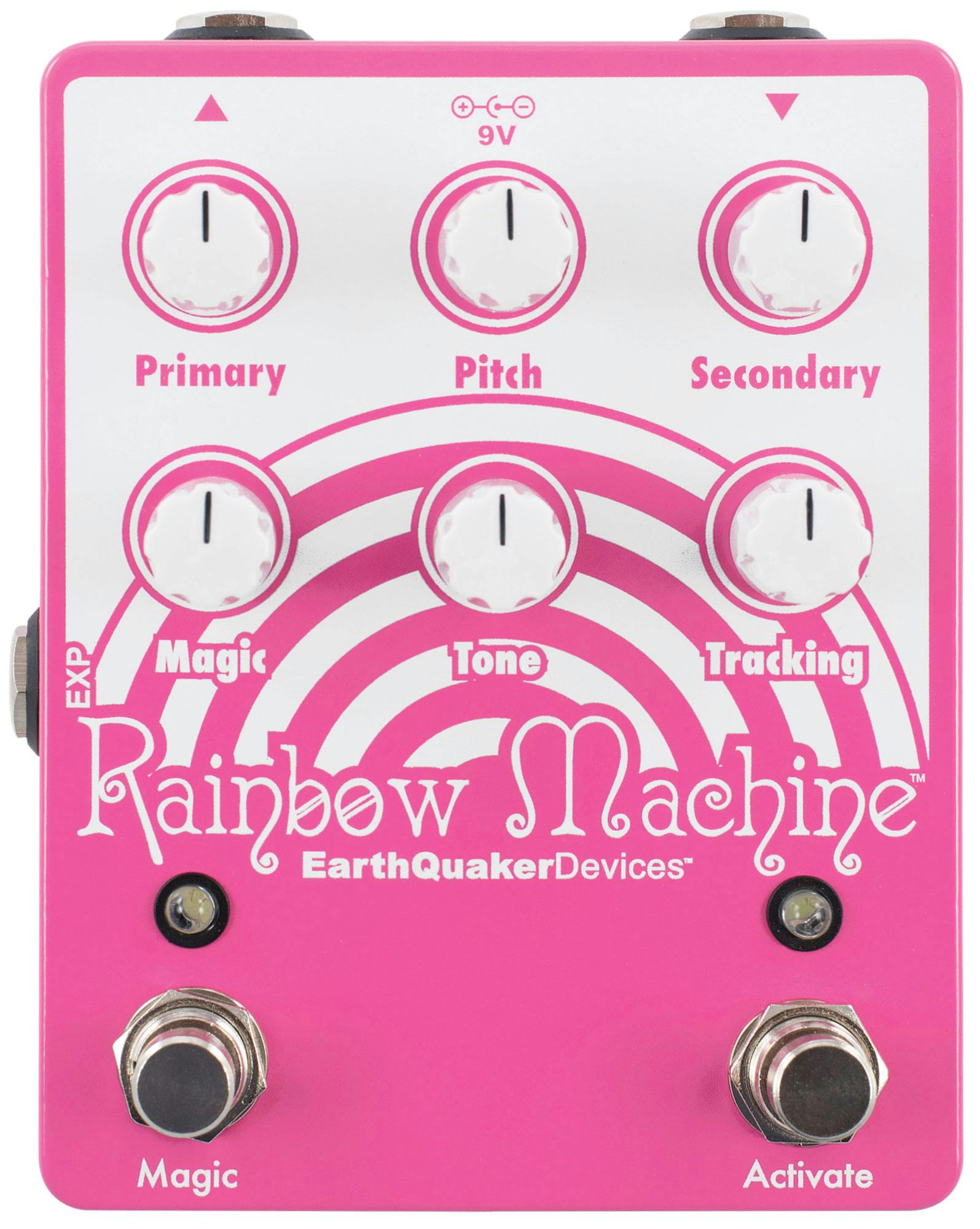
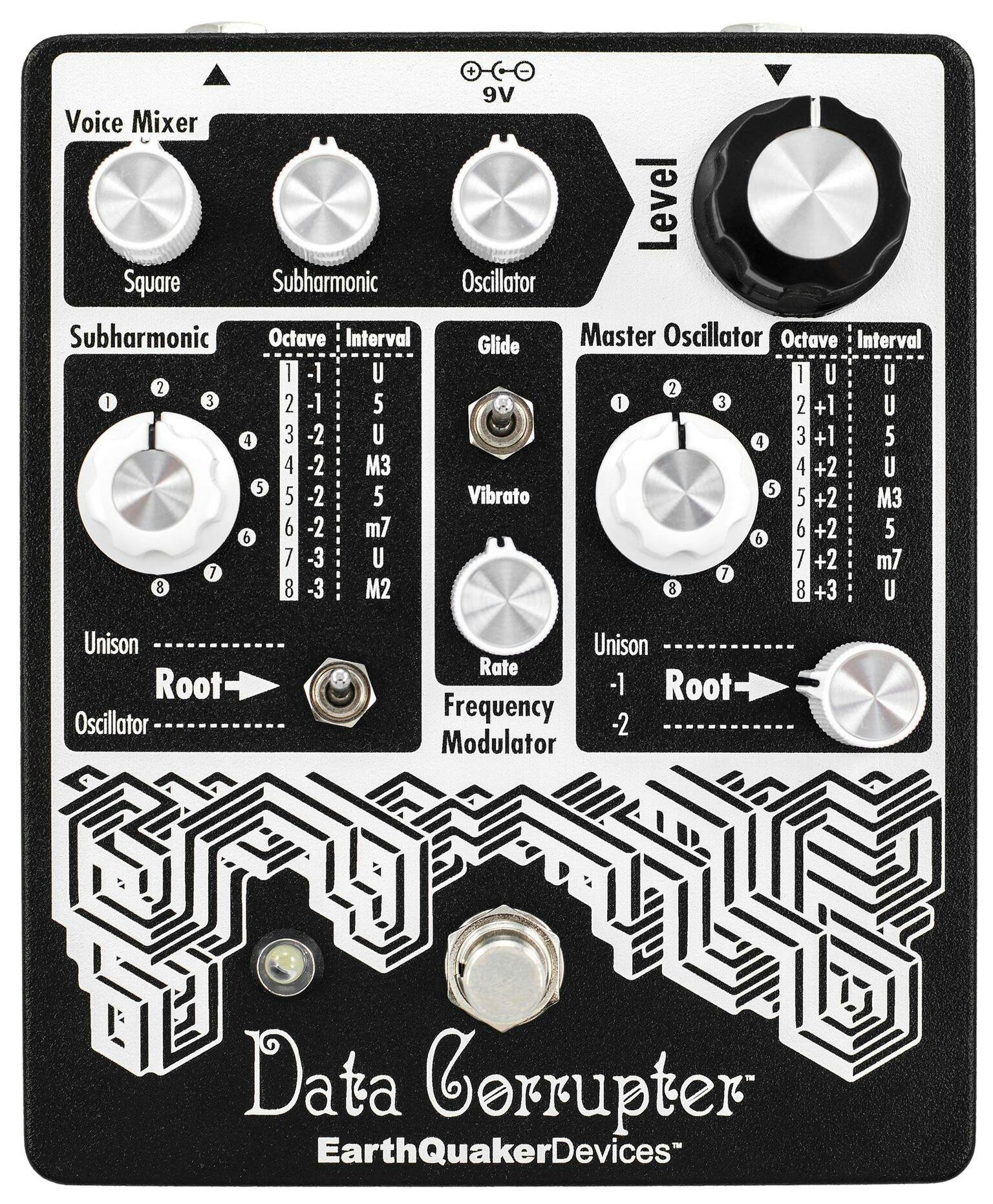
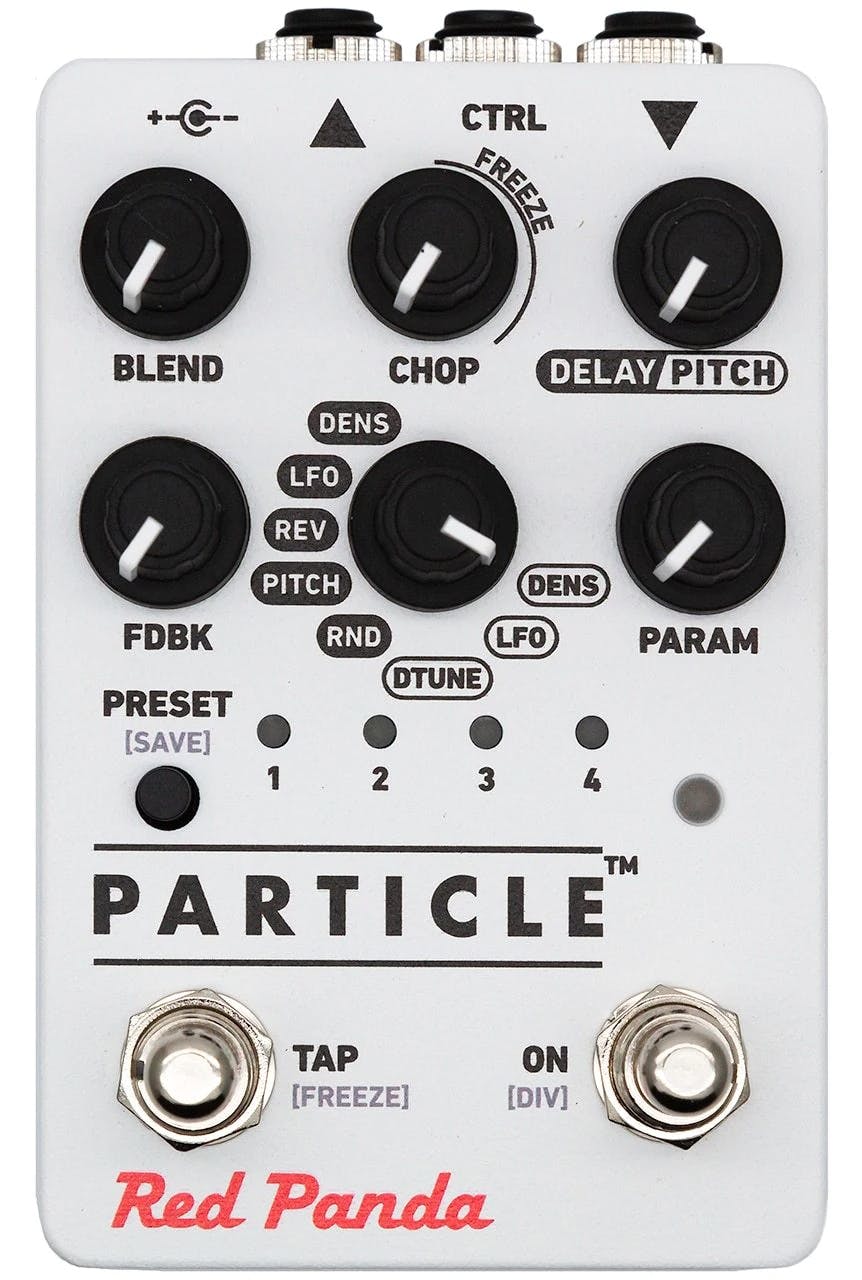
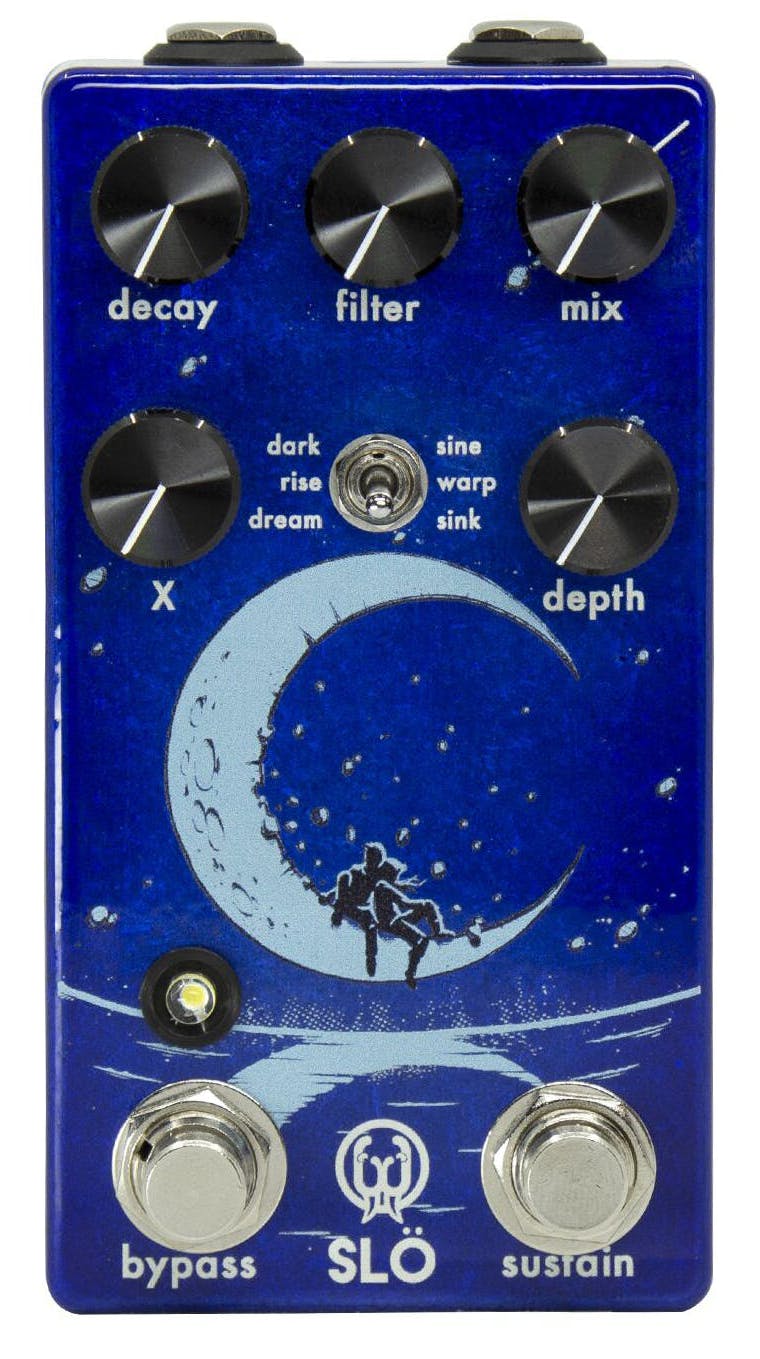
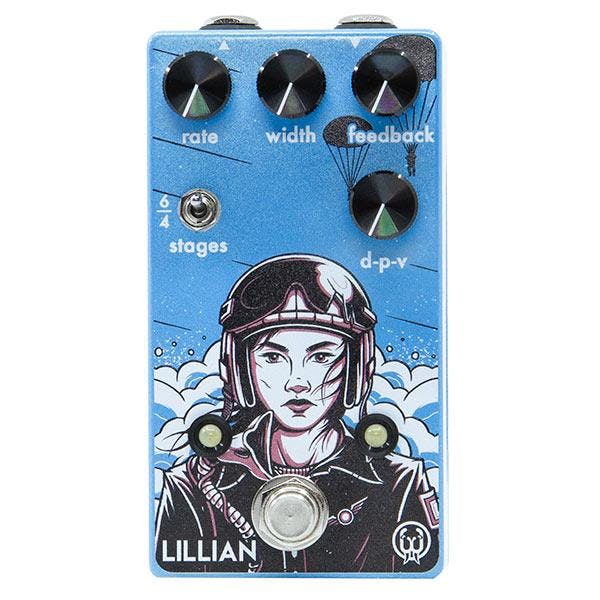
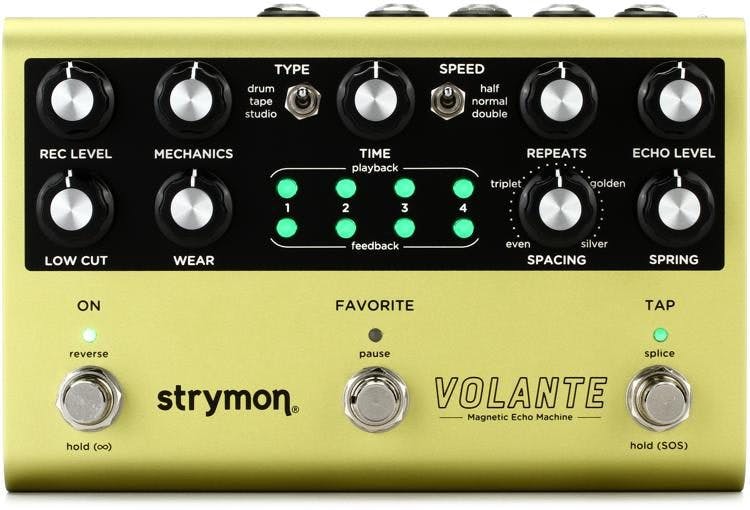
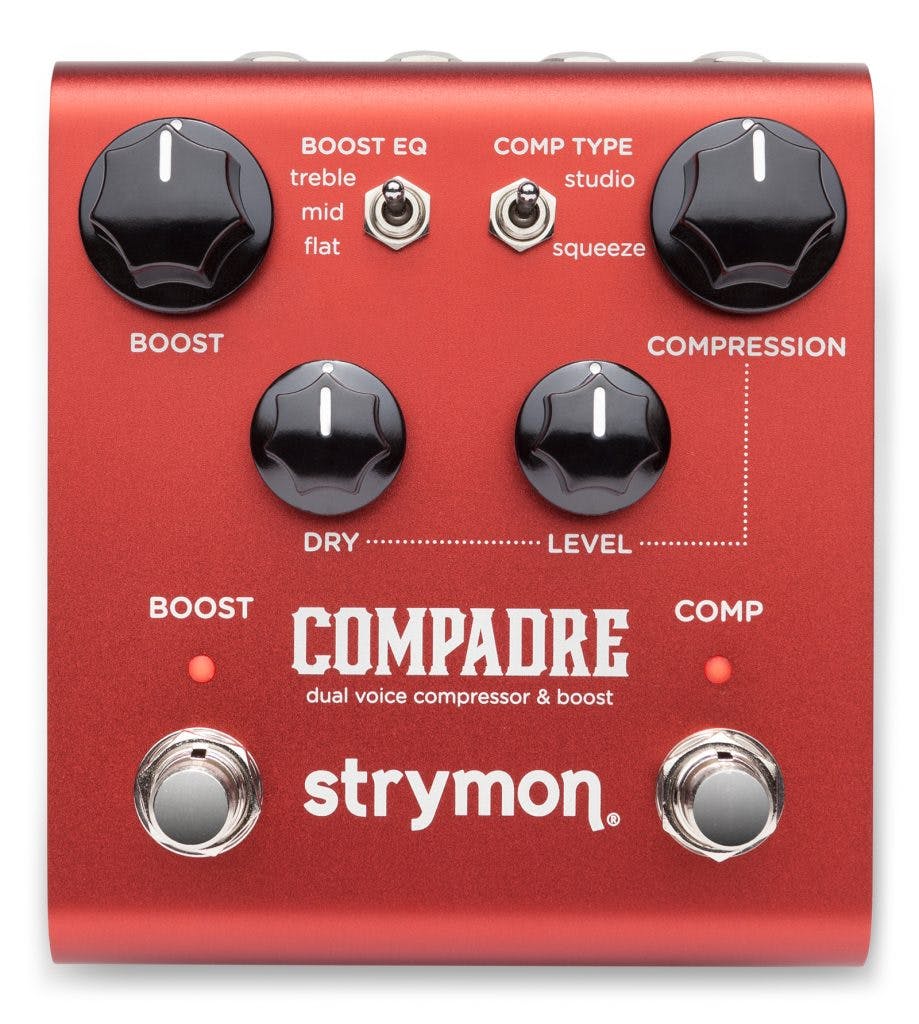
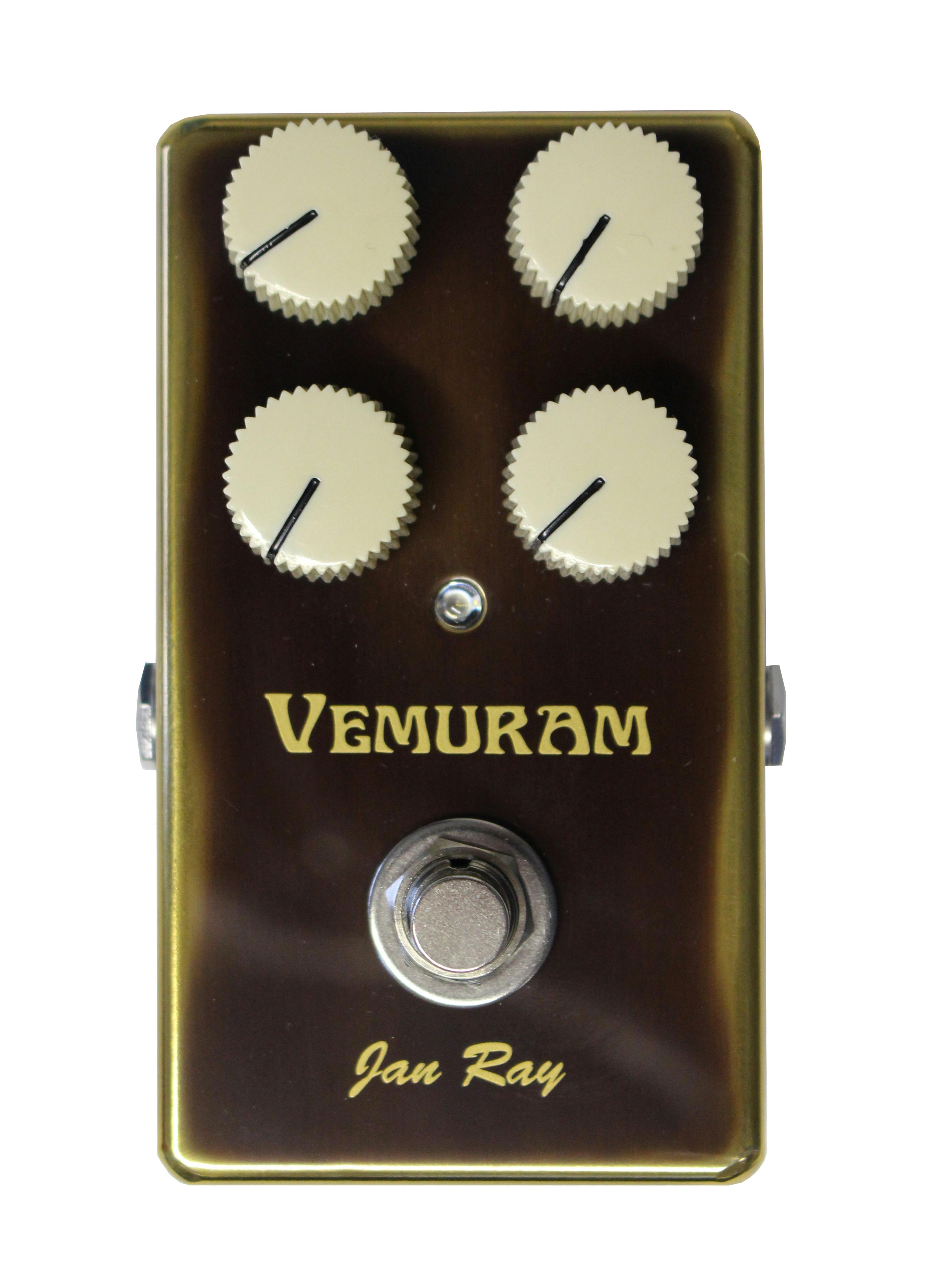
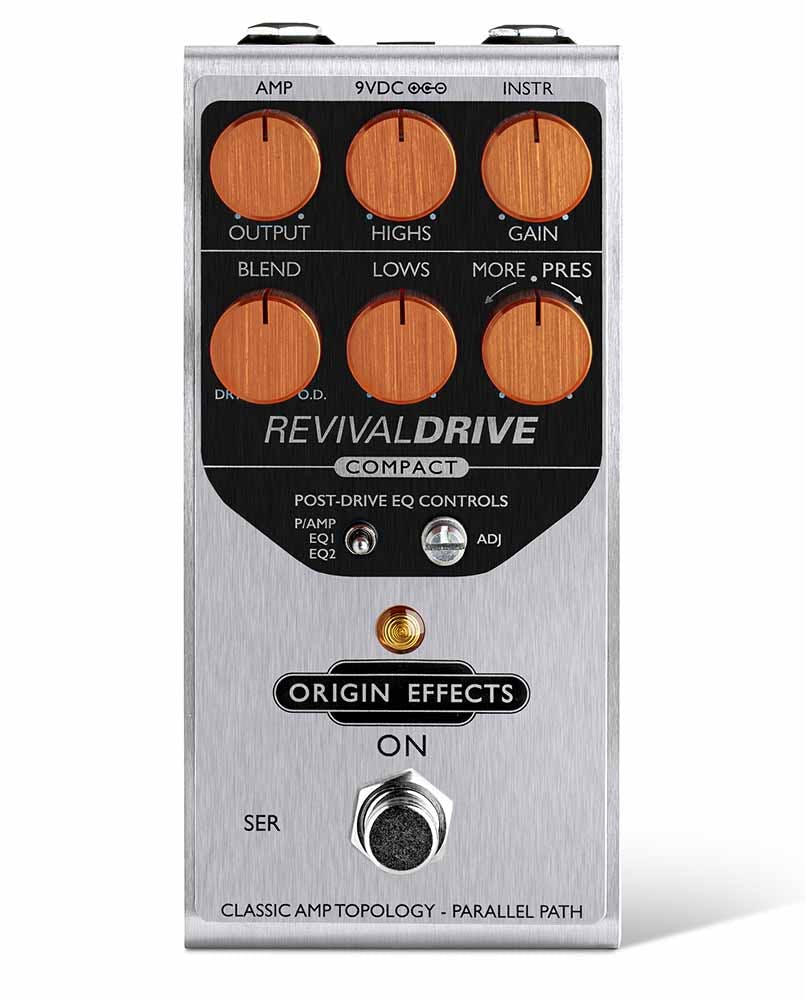
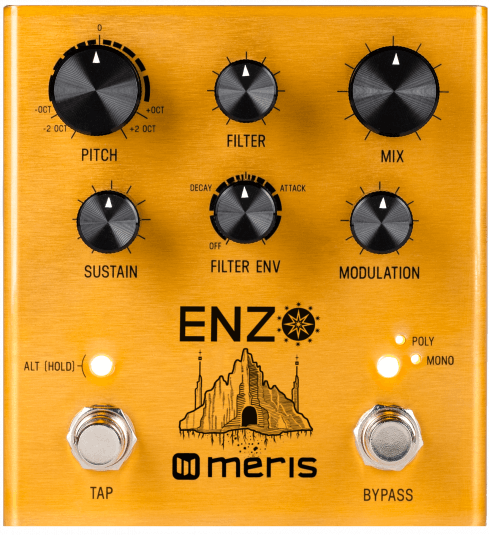
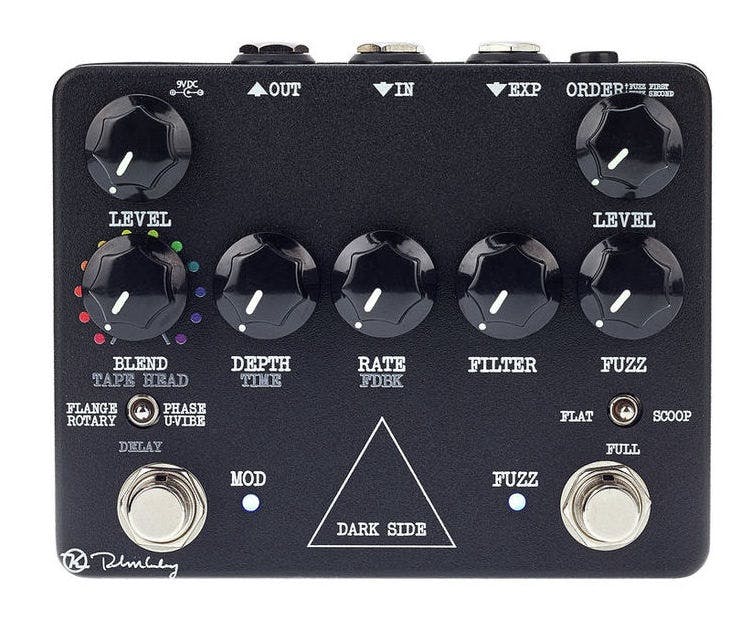
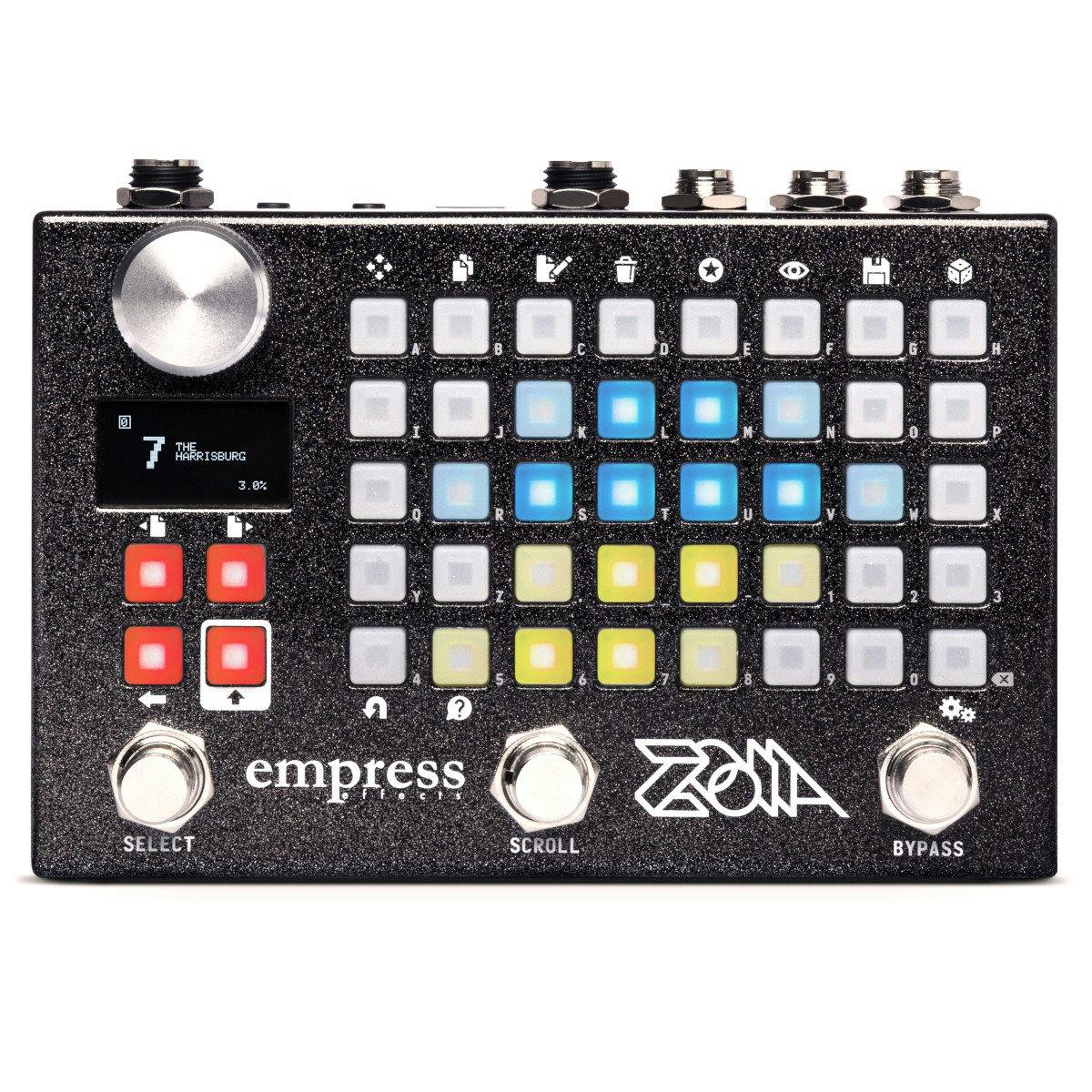
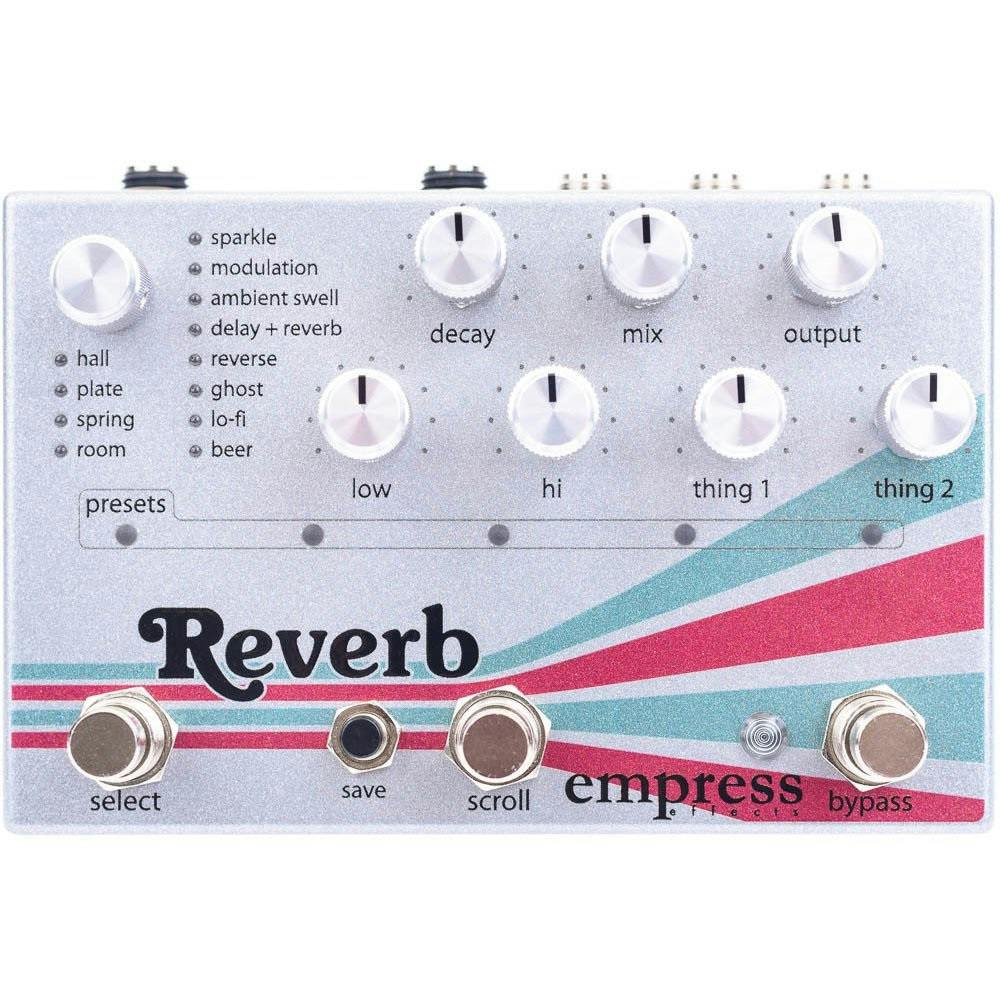
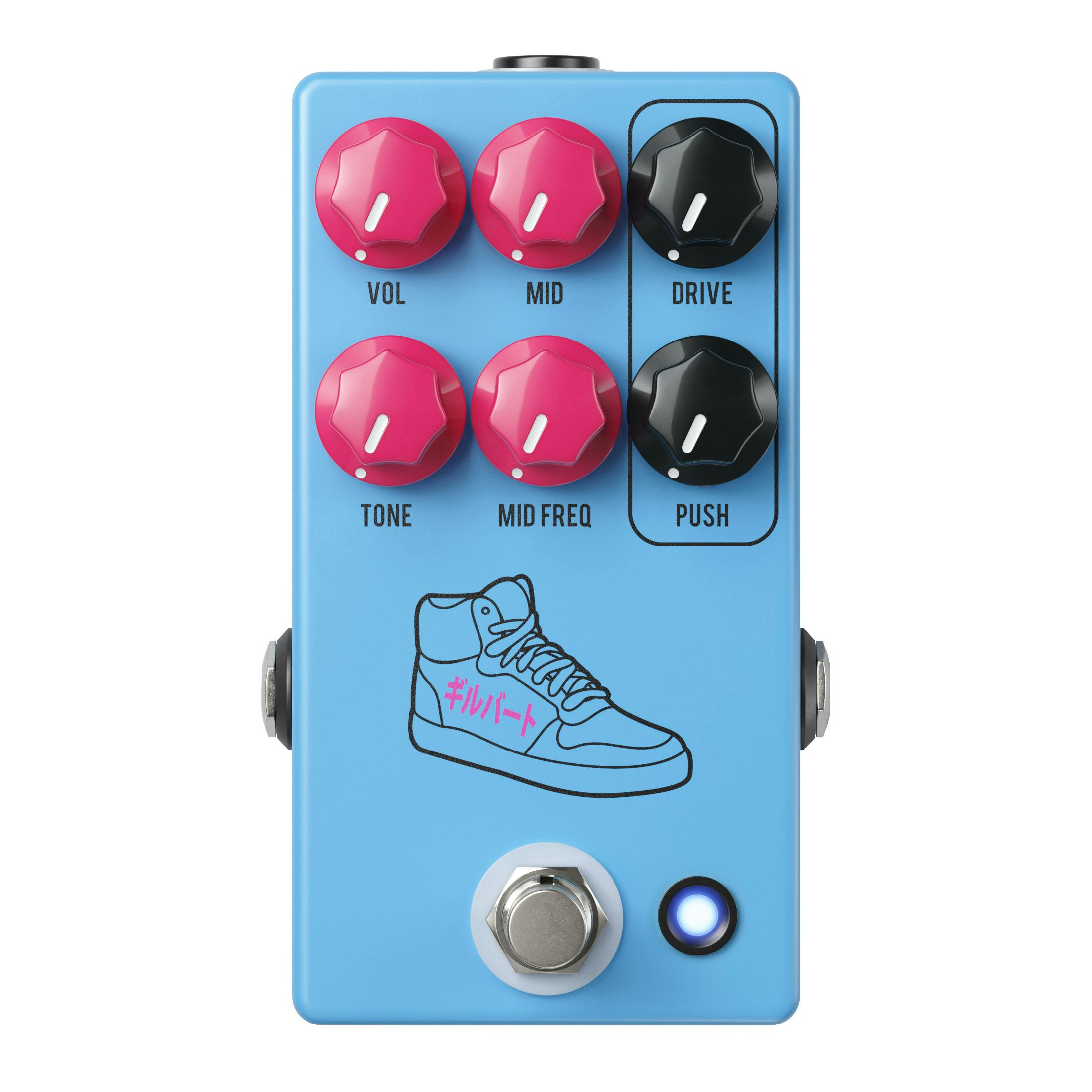
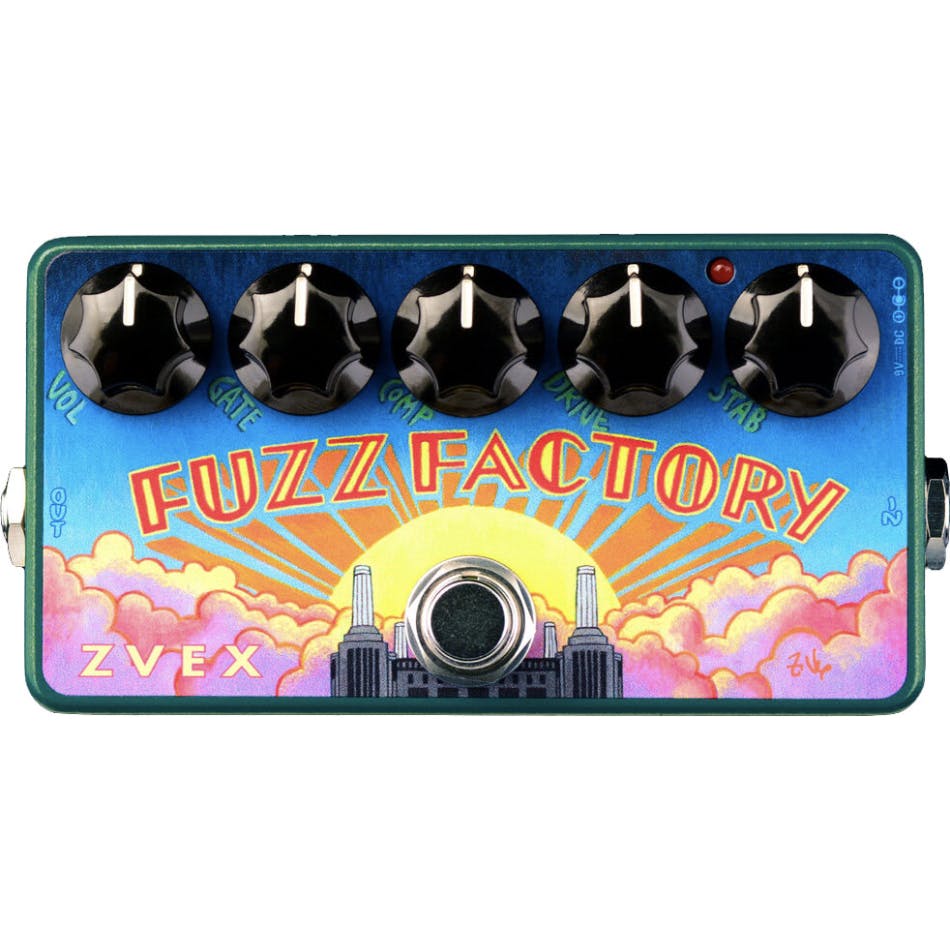
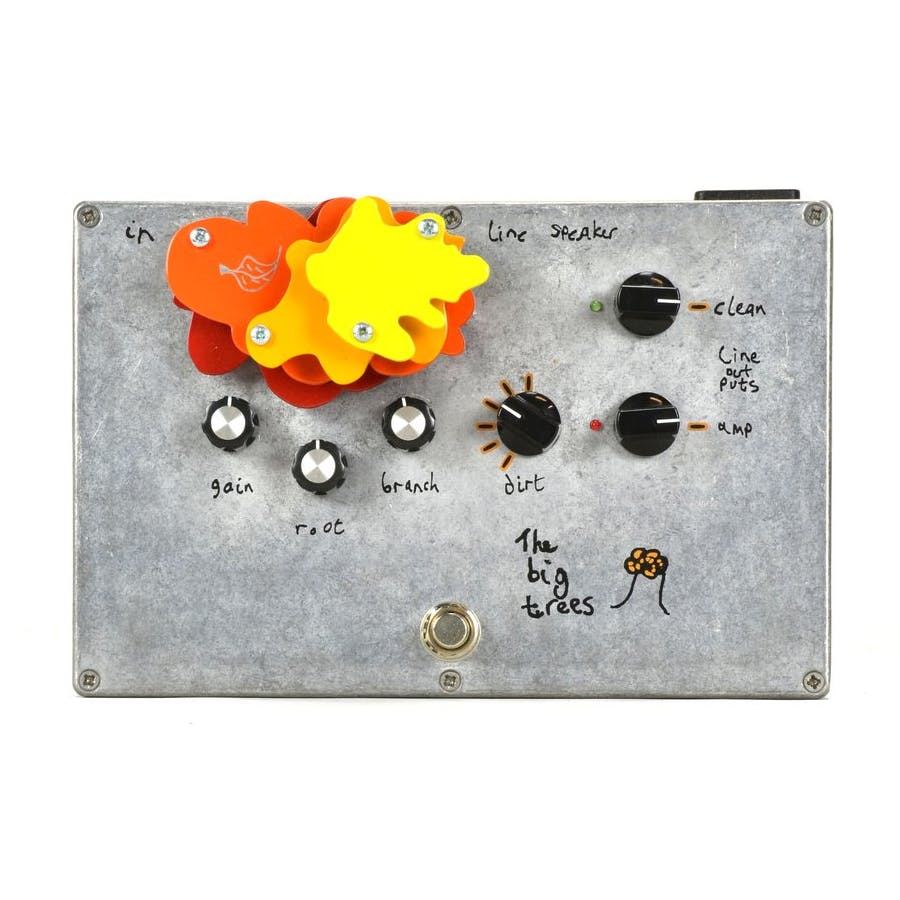
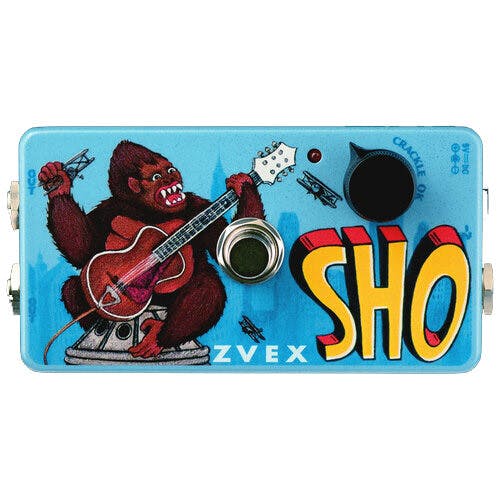
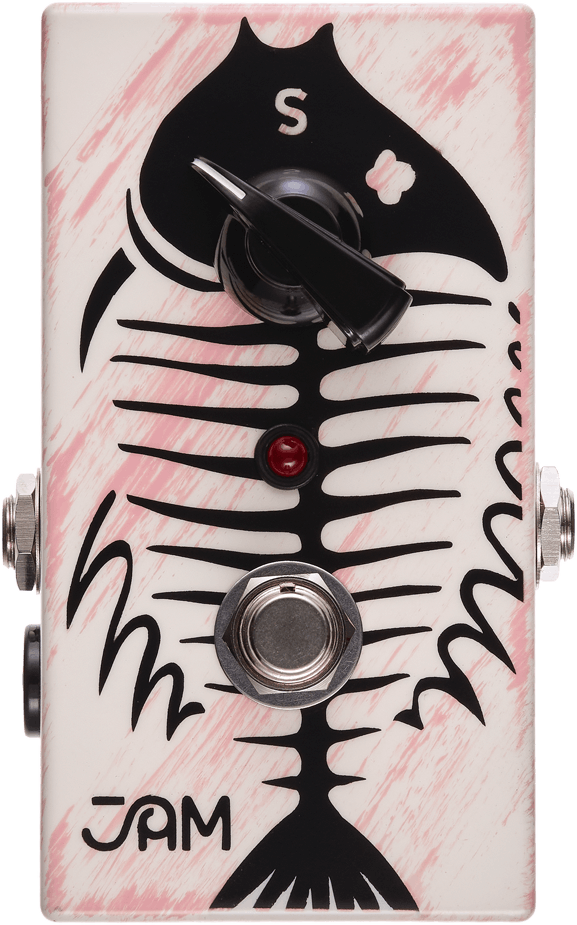
Responses & Questions